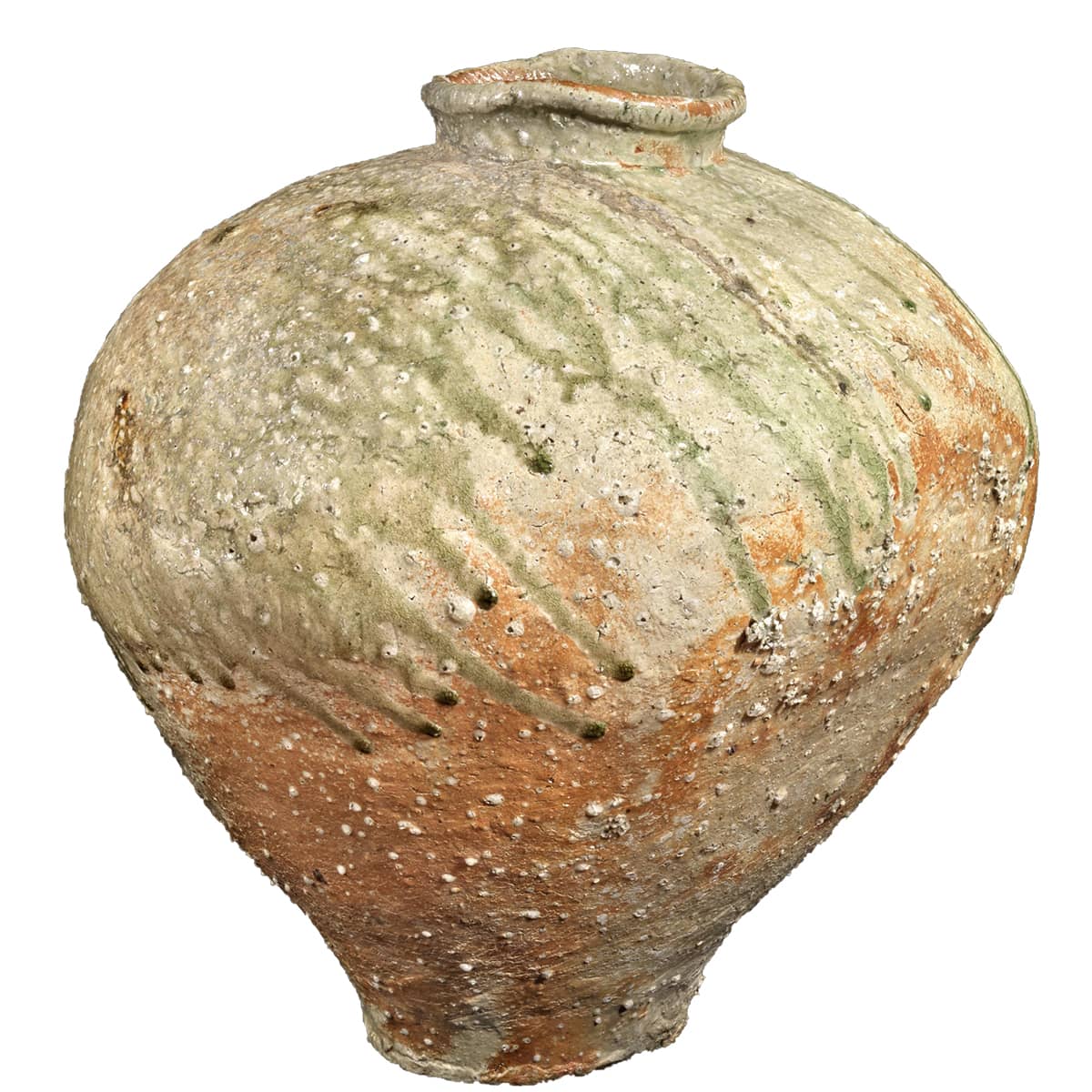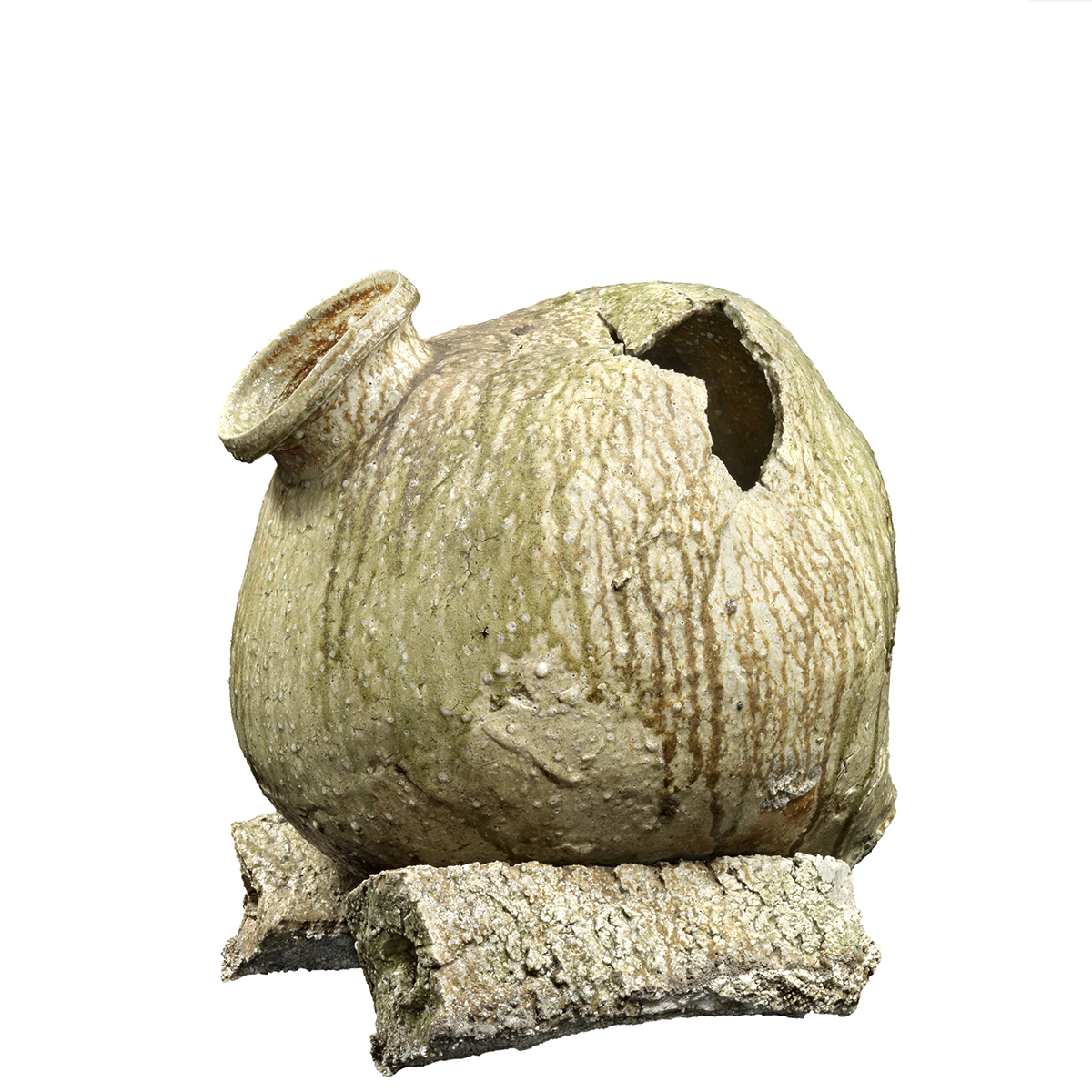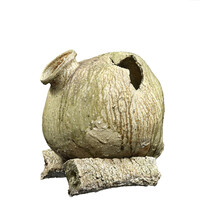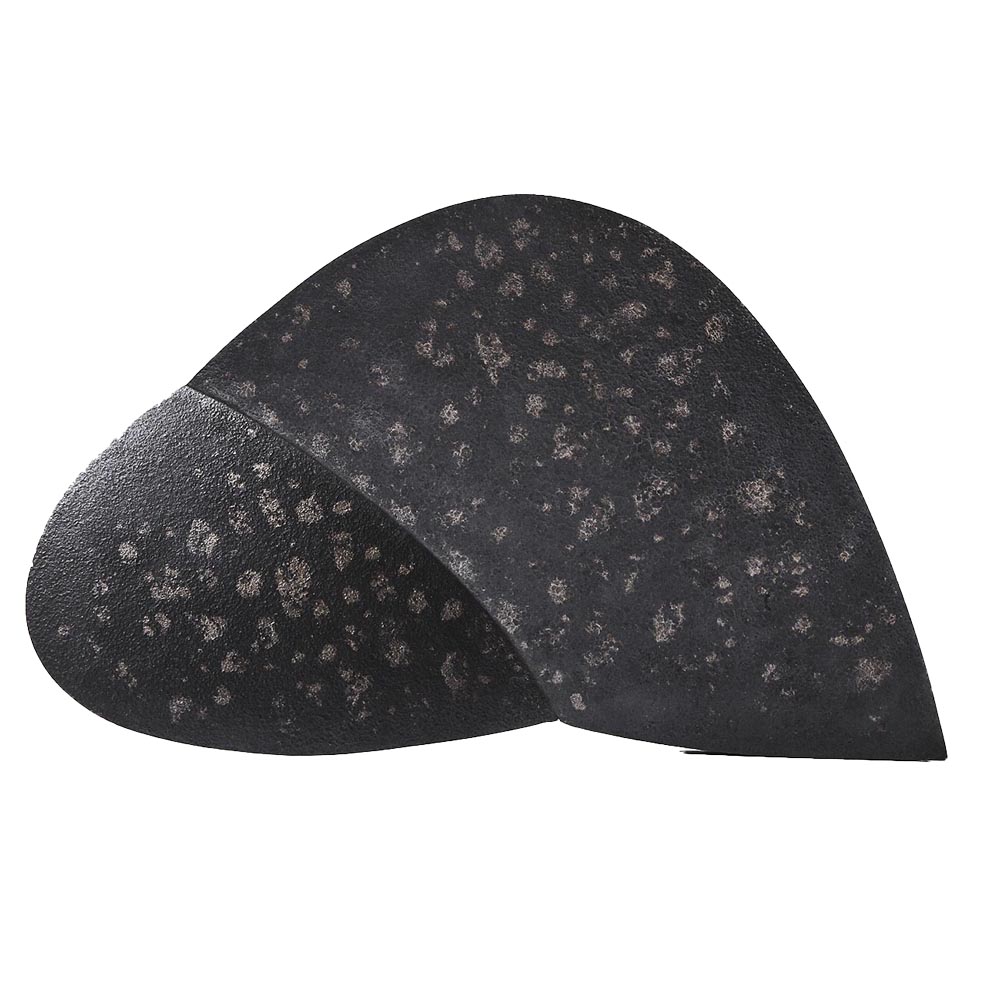Tsujimura Shirō
Description
Tsujimura Shirō (Japanese, born 1947)
Tsujimura Shirō was born in Gose, in Nara Prefecture, in 1947, he is one of the most prominent contemporary ceramic artists of our time and is considered as a living legend in Japan.
During a 1965 visit he made to the Mingeikan (Japanese Folk Crafts Museum), founded by philosopher Soetsu Yanagi, he was awestruck by the beauty of a Korean tea bowl.
This 16th century Ido chawan would change his life. Tsujimura became an internationally recognized artist, who took satisfaction in reiterating that he had had no mentor, and that he had no apprentices.
Asked to recognize the influence of a master, he chose to identify the field of tea ceramics (chadogu) itself as his guiding light.
His fertile work is abundantly inspired by this art, and finds its sources and strength in the Japanese archipelago’s medieval period, and the pottery from the famous “six kilns” (Rokkoyō).
𝐏𝐮𝐛𝐥𝐢𝐜 𝐂𝐨𝐥𝐥𝐞𝐜𝐭𝐢𝐨𝐧𝐬
Asian Art Musuem of San Franscisco, California
Ackland Art Museum and the University of North Carolina
Art Institute of Chicago, Chicago, IL
Axel and May Vervoordt Foundation, Antwerp
The Brooklyn Museum of Art, Brooklyn, NY
The British Museum, London, United Kingdom
Chado Research Center Gallery, Kyoto, Japan
Cleveland Museum of Art, Cleveland, OH 辻
Frankfurt Craft Museum, Frankfurt, Germany
Freer Gallery of Art and Arthur M. Sackler Gallery at Smithsonian Institution, Washington D.C 村
Hamilton Art Gallery, Victoria Australia
ISE Cultural Foundation, Japan
The Metropolitan Museum of Art, New York, NY
Miho Museum, Shiga Prefecture, Japan
The Minneapolis Institute of Arts, Minneapolis, MN
Museum fur Asiatische Kunst, Berlin
Museum of East Asian Arts, Berlin, Germany
Museum of Fine Arts, Boston, MA
Philadelphia Museum of Art, Philadelphia, PA
Spencer Museum of Art, Lawrence, KS
Stockholm Museum of Art, Sweden 塊
Yale University Art Gallery, New Haven, Connecticut



